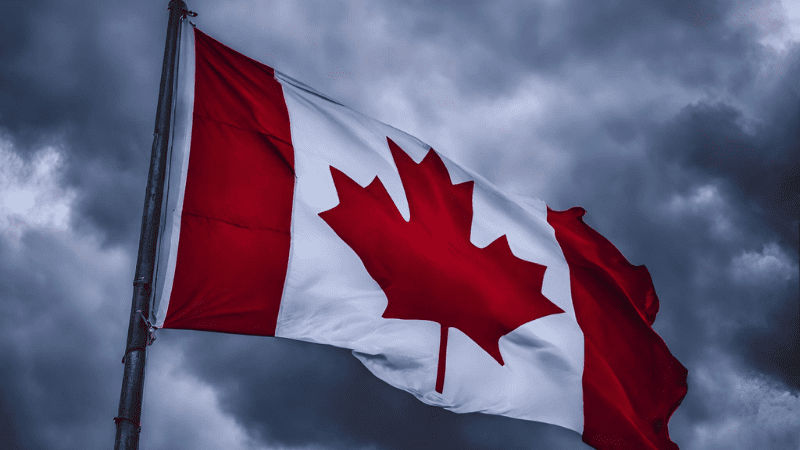By Katherine Leung and Ivy Li, February 2, 2023
Canada’s public inquiry into foreign interference finally began on Monday, but unfortunately there has already been significant controversy in the months leading up to its launch. Chief among these concerns is the inquiry’s questionable ability to safeguard sensitive national security information from being used by individuals with ties to the People’s Republic of China (PRC).
Two politicians alleged by security experts to have close connections with the Chinese Consulates have been granted full standing in the inquiry by Commissioner Marie-Josée Hogue. This decision shocked many, especially communities who have been subjected to the Chinese Communist Party’s transnational repression.
Given the inclusion of these two suspect individuals, human rights activists have expressed concern for their safety if they are called to testify before the inquiry. A human rights coalition, which was also granted full standing, appealed the inclusion of the two individuals – they merely asked Hogue to downgrade the politicians’ standing status in order to protect vulnerable witnesses – but the appeal was denied.
A person who has full standing in the inquiry has the right to cross-examine witnesses and to access documentary evidence not admitted as exhibits, meaning they read and see exactly what the judge reads and sees. Knowing anything and everything the Commission has learned gives unimpeded access to sensitive and confidential information related to Canadian national security, information that is not available to parties with lesser standing.
Information gathered by the Commission will almost certainly reveal how Canadian activists and security experts monitor foreign infiltration and influence. It could expose the methodology used, contacts and information sources, and the strategic approach and rationale of each expert or analyst. Together, these bits and pieces of information will provide a detailed strategic map, exposing how Canadian authorities, non-governmental organizations, grassroots groups, and individuals have attempted to defend Canada’s sovereignty and democratic institutions. This is powerful knowledge; it is not the type of information that should be available to the perpetrators of foreign interference.
By granting standing to individuals with alleged ties to the Chinese embassy, we are potentially offering incredible insight to our adversaries, enabling them to design and execute more effective interference operations and targeted counter actions against the Canadians standing up for our national sovereignty.
Among those granted full standing are Han Dong (the Member of Parliament for Don Valley North) and Michael Chan. Dong was reported by Global News to be at the centre of China’s interference network in Canada as a “willing affiliate”. He subsequently left the Liberal caucus as he works to clear his name, and he continues to sit as an independent MP. Michael Chan, now deputy mayor of Markham, was a minister in the Ontario Liberal government from 2007 to 2018. The Globe and Mail reported that he was identified by CSIS as “too close to the Chinese consulate.” Both Dong and Chan deny these allegations.
Hogue cites the two men’s reputational interest in the Public Inquiry as a direct and substantial interest in the Commission’s work. While that is true, the question remains whether it is in Canada’s interests and appropriate to allow individuals alleged to have close ties with the PRC full access to the Commission’s evidence and records.
The Commission is not mandated to determine if individual suspects are guilty or not. The two politicians could tell their side of the story without full access to non-exhibits and without the power of cross-examination.
Canadians have demanded a public inquiry to protect Canadian sovereignty and democratic integrity. Sensitive information pertaining to Canada’s national security should be handled with the utmost caution. Han Dong and Michael Chan should not be treated as though allegations against them have been proven beyond a doubt – they have not – but the clear potential of inappropriate links to the PRC should disqualify them from accessing information that would be detrimental to our national security if it were to fall into the wrong hands.
The public inquiry meant to protect Canada’s institutions from foreign interference may end up undermining both the safety of individual Canadians and the efficacy of our broader national security apparatus.
Katherine Leung is the policy advisor for Hong Kong Watch Canada. She previously worked as a parliamentary assistant to a sitting MP.
Ivy Li is a spokesperson for Canadian Friends of Hong Kong, and a contributor to The Mosaic Effect – How the Chinese Communist Party started a hybrid war in America’s backyard.






